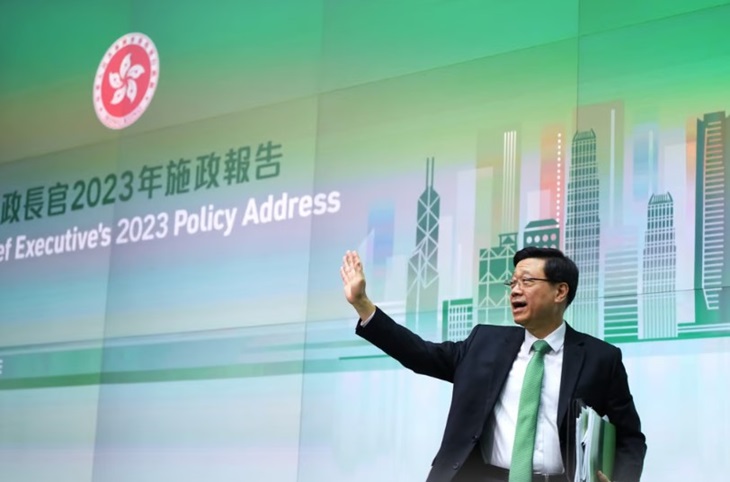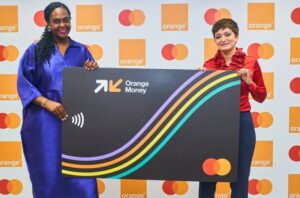In Hong Kong’s ongoing quest to give its dwindling birth rate a much-needed lift, the government’s Newborn Baby Bonus scheme has dropped a bit of cash into new parents’ laps—HK$20,000 per newborn, to be precise. With HK$520 million already handed out since last October, nearly 27,000 families have taken up the offer. But is it really enough to encourage more little ones? Critics argue that while the one-time payment is nice, it doesn’t quite scratch the surface of the hefty financial commitment required to raise a child in Hong Kong, where the cost of living looms like an immovable mountain.
Hong Kong’s Chief Executive, John Lee, is putting his chips on a suite of pro-family policies to try and shift the city’s demographic trajectory. From easing public housing queues for families with newborns to offering childcare leave for civil servants, the measures aim to make parenthood seem a little more attainable. Yet, even with these well-intentioned perks, Hong Kong’s birth rate remains stubbornly low—there were only 751 births per 1,000 women last year, a sharp drop from a decade ago. It’s as if the city’s young adults, faced with steep housing costs, intense work culture, and limited childcare, are sending a clear message: a few perks don’t solve structural problems.
As things stand, many young Hongkongers are weighing their options and, often, opting out. According to a recent survey by the Family Planning Association, only half of Hong Kong’s young adults plan to have kids—a telling figure. The bonus may be a helpful nudge, but until the city addresses deeper concerns, like affordable childcare and housing security, the dream of bustling playgrounds and a more balanced population may remain just that—a dream.
(Source: Hong Kong Free Press)









